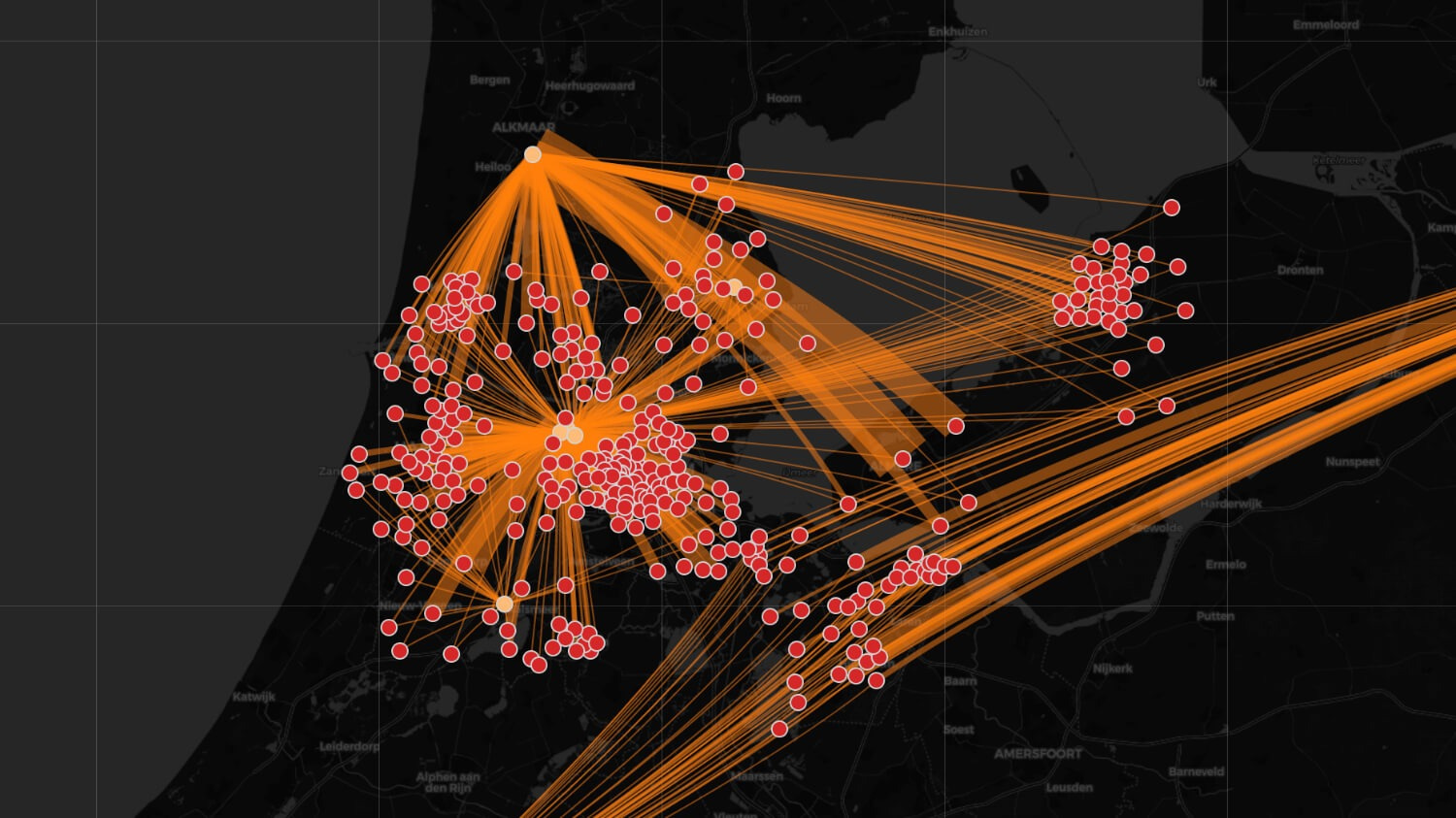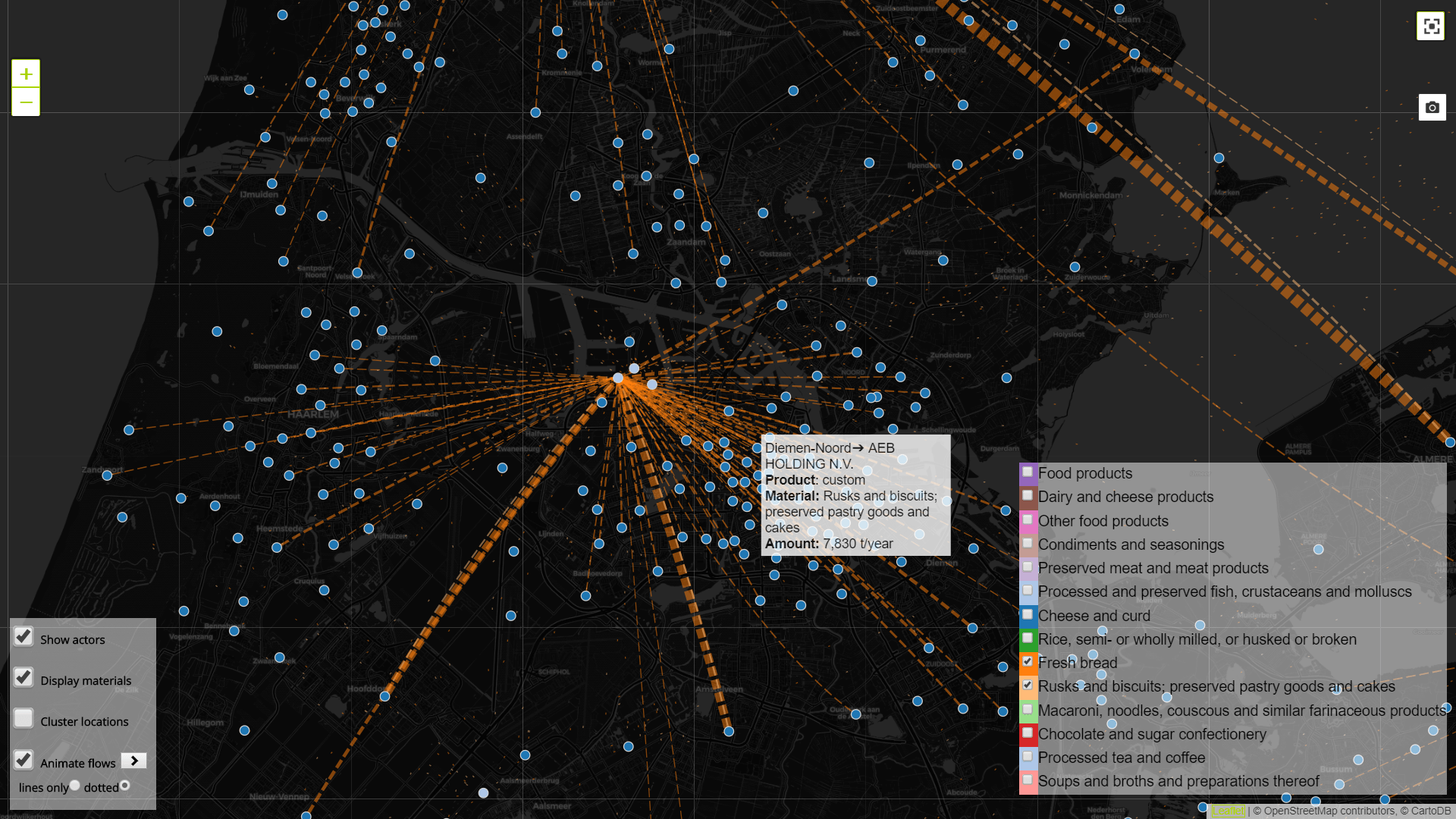REPAiR: Geo-design tool for urban waste and resource management
Resource management in peri-urban areas: going beyond urban metabolism.
REPAiR applies – for the first time – a geodesign approach including waste and resource management in order to reveal the local space-specific challenges of waste and resource management using life cycle analyses (LCA) and urban metabolism.
- Client: European Commission
- Partners: TU Delft, AMS Institute
- Date: December 2019
REPAiR seeks to facilitate the shift to seeing waste as a resource, focusing on mapping materials flows of construction & demolition waste, biowaste, post-consumer plastic waste, electrical waste and electronic equipment, and municipal solid waste.
Metabolic worked with an international consortium of parties to develop an interactive online application that maps resource flows in peri-urban Amsterdam – one of six living laboratories for the REPAiR project, funded by the European Union’s Horizon 2020 research and innovation program. The tool equips city planners and urban designers with an interactive map of waste streams and shows how they could be usefully redirected, identifying the significant opportunities in peri-urban areas where the city and the countryside meet.
The tool provides detailed visualizations of food and construction waste streams to illustrate the potential synergies between agriculture, residential areas, commercial operations, waste processing facilities, and unused buildings. As one example, the tool will be able to map where and how much unsold bread is being thrown out at bakeries, and identify the location of nearby breweries and the amount of barley from waste bread they could use to brew beer.
- Bio seasonal parking
- ECO-SEE wall panels
- Peel-pioneer
- Fruit-leather
- BioBeans






“Waste processing typically happens on the margins, so what really need to do is to stop thinking about city boundaries and start thinking about more systemic boundaries. Taking the larger system and region into regard provides the basis to really minimize our waste streams and find the synergies necessary to make the transition to a waste free economy.”
- Tamara Streefland, Cities Program Lead, Metabolic
Director of Sustainable Cities & Regions
ANY QUESTIONS?
For more information about this project, please get in touch.






